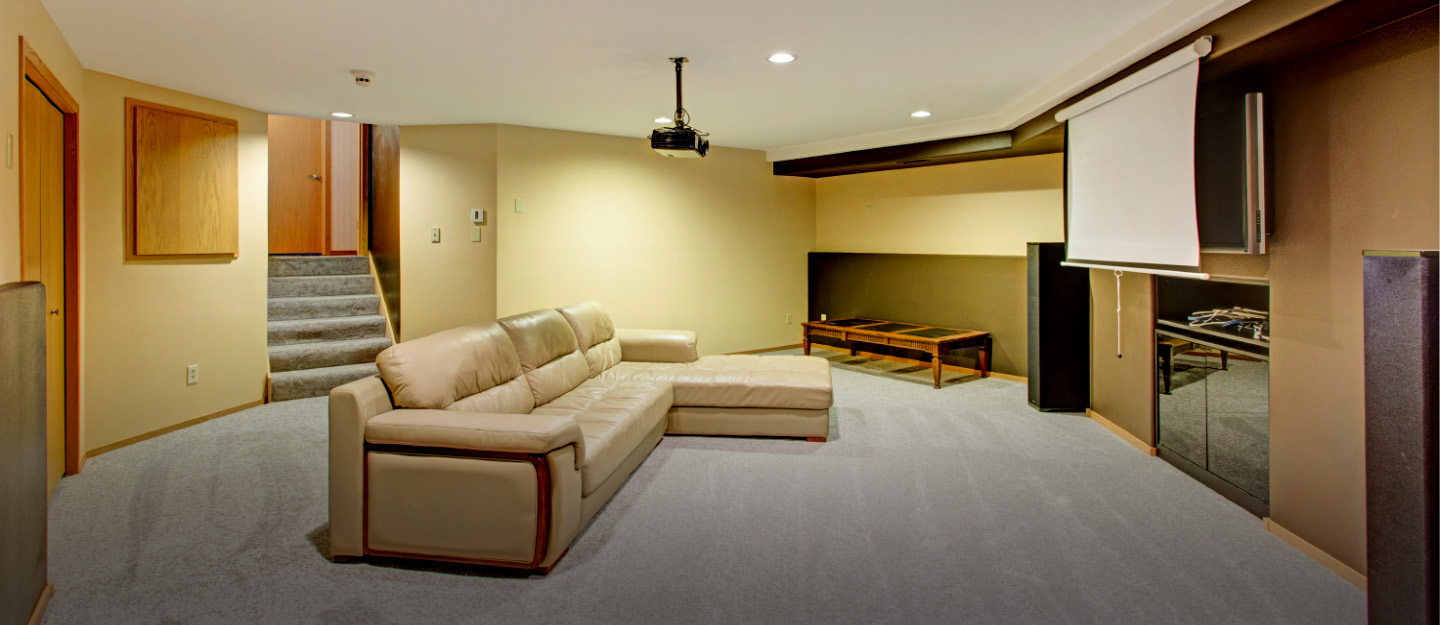

Articles
How To Rent Out Your Basement
Modified: January 18, 2024
Learn how to effectively rent out your basement with our detailed articles. Gain valuable insights and tips to maximize your rental income.
(Many of the links in this article redirect to a specific reviewed product. Your purchase of these products through affiliate links helps to generate commission for Storables.com, at no extra cost. Learn more)
Introduction
Renting out your basement can be a lucrative way to generate extra income or offset your mortgage payments. With a growing demand for affordable housing, many homeowners are exploring the potential of utilizing their basement space. However, before diving into the world of being a landlord, there are several key considerations to keep in mind.
In this article, we will take a comprehensive look at how to rent out your basement successfully. We’ll discuss the steps involved in assessing the viability of renting out your space, understanding legal and insurance considerations, preparing your basement for rent, setting the rental price and terms, advertising and finding tenants, screening and selecting suitable tenants, drafting a rental agreement, managing the rental property, and maintaining a good tenant-landlord relationship.
By thoroughly understanding the process and following the right steps, you’ll be well on your way to becoming a successful basement landlord.
Key Takeaways:
- Thoroughly assess the viability of renting out your basement by researching the local rental market, understanding zoning regulations, and evaluating the condition of your space to make an informed decision.
- Building and maintaining a good tenant-landlord relationship is crucial for a successful rental experience. Prioritize clear communication, responsiveness, fairness, and respect to foster trust and mutual satisfaction.
Read more: How To Buy A Building And Rent It Out
Assessing the Viability of Renting Out Your Basement
Before deciding to rent out your basement, it’s important to assess whether it’s a viable option for your specific situation. Consider factors such as local rental demand, zoning restrictions, and the condition of your basement. Conducting thorough market research will help you determine whether renting out your basement is a financially feasible and legally permissible choice.
Research the rental market in your area to gain an understanding of average rental prices for basement apartments. Look for indicators such as vacancy rates and demand for rental properties. This will give you an idea of the potential income you can generate.
Additionally, check with your local zoning department or municipality to ensure that renting out your basement is allowed. Some areas have specific regulations regarding basement rentals, including occupancy limits, separate entrance requirements, and safety standards. Ensure that your basement meets the necessary criteria before proceeding.
Furthermore, evaluate the condition of your basement. Consider factors such as moisture, insulation, and natural lighting. Minor renovations and improvements may be necessary to make your basement rental-ready and attract prospective tenants.
Taking the time to assess the viability of renting out your basement will save you headaches down the line and help you make an informed decision.
Key Takeaways:
- Thoroughly assess the viability of renting out your basement by researching the local rental market, understanding zoning regulations, and evaluating the condition of your space to make an informed decision.
- Building and maintaining a good tenant-landlord relationship is crucial for a successful rental experience. Prioritize clear communication, responsiveness, fairness, and respect to foster trust and mutual satisfaction.
Read more: How To Buy A Building And Rent It Out
Assessing the Viability of Renting Out Your Basement
Before deciding to rent out your basement, it’s important to assess whether it’s a viable option for your specific situation. Consider factors such as local rental demand, zoning restrictions, and the condition of your basement. Conducting thorough market research will help you determine whether renting out your basement is a financially feasible and legally permissible choice.
Research the rental market in your area to gain an understanding of average rental prices for basement apartments. Look for indicators such as vacancy rates and demand for rental properties. This will give you an idea of the potential income you can generate.
Additionally, check with your local zoning department or municipality to ensure that renting out your basement is allowed. Some areas have specific regulations regarding basement rentals, including occupancy limits, separate entrance requirements, and safety standards. Ensure that your basement meets the necessary criteria before proceeding.
Furthermore, evaluate the condition of your basement. Consider factors such as moisture, insulation, and natural lighting. Minor renovations and improvements may be necessary to make your basement rental-ready and attract prospective tenants.
Start by inspecting the walls, floors, and ceilings for any signs of water damage or leakage. Moisture issues can lead to mold growth and potential health hazards, so it’s crucial to address them before renting out your basement. Install proper waterproofing systems or fix any existing leaks to ensure a dry and safe living environment.
Next, examine the insulation in your basement. Proper insulation is essential to maintain comfortable temperatures and energy efficiency. Inadequate insulation can result in higher heating and cooling costs for both you and your tenants. Consider upgrading the insulation if necessary to enhance energy efficiency and tenant comfort.
Another crucial aspect to consider is natural lighting. Basements typically have limited access to natural light, which can make them feel dark and unwelcoming. Enhancing natural lighting through the installation of larger windows, skylights, or light wells can significantly improve the ambiance of your basement and attract potential tenants.
Additionally, evaluate the overall layout and functionality of your basement. Ensure that it has a separate entrance and exit, along with clearly defined living spaces. A well-designed basement apartment will increase its desirability and rental value.
Finally, consider the potential costs and maintenance associated with renting out your basement. Calculate expenses such as property taxes, insurance, utilities, and regular maintenance. Compare these costs against the potential rental income to determine whether the financial benefits outweigh the expenses.
Assessing the viability of renting out your basement is a crucial step in the process. By thoroughly evaluating the local rental market, understanding zoning regulations, and assessing the condition of your basement, you can make an informed decision and set yourself up for success as a basement landlord.
Understanding Legal and Insurance Considerations
When renting out your basement, it’s essential to have a clear understanding of the legal and insurance considerations involved. By familiarizing yourself with the relevant laws and obtaining the necessary insurance coverage, you can protect yourself, your property, and your tenants.
First and foremost, familiarize yourself with the landlord-tenant laws in your jurisdiction. These laws outline the rights and responsibilities of landlords and tenants and provide guidelines for rental agreements, security deposits, eviction processes, and other important aspects of the landlord-tenant relationship. Understanding these laws will help you navigate legal issues that may arise during the tenancy.
In addition to knowing general landlord-tenant laws, research any specific regulations pertaining to basement rentals in your area. Some municipalities have specific restrictions or requirements for basement apartments, such as ceiling height, egress windows, and utility access. Ensure that your basement complies with these regulations to avoid legal complications.
Next, consider the insurance coverage needed for your rental property. Standard homeowner’s insurance may not provide adequate protection when renting out your basement. Contact your insurance provider to discuss your plans and inquire about landlord insurance or a dwelling fire policy. These policies typically offer broader coverage for rental properties, including liability protection, property damage, and loss of rental income.
In addition to insurance coverage, it’s important to create a thorough and legally sound rental agreement. This document should outline the rights and responsibilities of both parties, including rent payment terms, maintenance responsibilities, tenancy duration, and any additional rules or restrictions. Consult a legal professional or use a reputable rental agreement template to ensure that your rental agreement complies with local laws and protects your interests.
Consider including provisions for rent increases, tenant privacy, and dispute resolution methods in the rental agreement. This will set clear expectations and help prevent misunderstandings or conflicts in the future.
Lastly, understand the importance of screening potential tenants. Conducting a thorough tenant screening process can help you choose reliable, responsible tenants who are more likely to adhere to the terms of the rental agreement. Screen prospective tenants by conducting background checks, verifying employment and income, and contacting references. This will minimize the risk of renting to unreliable tenants and potentially save you from legal and financial complications down the line.
Understanding the legal and insurance considerations involved in renting out your basement is crucial for a successful and stress-free rental experience. By familiarizing yourself with the laws, obtaining appropriate insurance coverage, creating a comprehensive rental agreement, and implementing proper tenant screening procedures, you can protect yourself and your investment while providing a safe and secure living environment for your tenants.
Preparing Your Basement for Rent
Before you can start advertising your basement rental, it’s important to ensure that your space is properly prepared to attract potential tenants. Making necessary repairs and improvements, maximizing the functionality and appeal of the space, and addressing any safety concerns will help you create a desirable living environment for your future tenants. Here are some essential steps to prepare your basement for rent:
1. Clean and declutter: Begin by thoroughly cleaning and decluttering your basement. Remove any unnecessary items, organize storage areas, and ensure that the space is clean and free from dust, dirt, and odors. A fresh and tidy environment will make a positive impression on prospective tenants.
2. Repair any structural issues: Address any structural issues to ensure a safe living space. This may involve fixing cracks in the walls or floor, repairing broken tiles, reinforcing weak areas, or replacing damaged drywall. Fixing these issues will not only improve the aesthetic appeal but also create a secure environment for your tenants.
3. Upgrade lighting and ventilation: Basements tend to have limited natural light, so it’s crucial to improve the lighting in your space. Consider installing adequate lighting fixtures, including overhead lights, lamps, or track lighting, to brighten up the area. Additionally, ensure proper ventilation by installing exhaust fans or windows that allow for fresh air circulation.
4. Address moisture and water issues: Basements are prone to moisture and water-related problems, which can lead to mold growth and damage to the property. Check for any signs of water leakage, dampness, or condensation. Identify the source of the issue and fix it promptly. Consider applying waterproofing techniques, such as sealants or drainage systems, to prevent future water intrusion.
5. Enhance insulation: Proper insulation is essential for maintaining a comfortable living environment and reducing energy costs. Insulate walls, floors, and ceilings to improve temperature control and soundproofing. This will increase the energy efficiency of the space and provide added comfort for your tenants.
6. Create separate living spaces: If your basement is an open space, consider dividing it into separate functional areas. Create designated living, dining, and sleeping spaces to maximize the functionality and appeal of the basement apartment. This will help tenants visualize how they can utilize the space and make it feel like a cohesive living area.
7. Install safety features: Ensure that your basement rental meets the necessary safety standards. Install smoke detectors, carbon monoxide detectors, and fire extinguishers to protect your tenants in case of emergencies. Consider adding handrails to staircases, providing adequate lighting in hallways, and ensuring that windows and doors have secure locks.
8. Consider aesthetics and décor: Make your basement rental inviting by considering aesthetics and décor. Opt for neutral colors on the walls and choose durable and easy-to-maintain flooring options. Add tasteful décor, such as artwork, curtains, and furniture, to make the space feel cozy and welcoming.
By taking the time to properly prepare your basement rental, you’ll create an attractive living space that will appeal to potential tenants. A well-maintained and functional basement will not only help you find reliable tenants quickly but also set the foundation for a positive and successful rental experience.
Read more: How To Get Basement Smell Out Of Basement
Setting the Rental Price and Terms
Setting the right rental price for your basement is crucial to attract potential tenants and ensure that you’re earning a fair income from your rental property. Additionally, establishing clear rental terms will help prevent misunderstandings and conflicts down the line. Here are some important factors to consider when setting the rental price and terms for your basement:
1. Research market rental prices: Start by researching the current rental market in your area. Look for similar basement rentals to get an idea of the average rental prices. Consider factors such as location, size, amenities, and condition when comparing your space to others. This will help you determine a competitive rental price.
2. Calculate expenses: Take into account all the expenses related to your rental property, including mortgage payments, property taxes, insurance, maintenance costs, and utility bills. Subtract these expenses from the potential rental income to determine the profit you would like to make. Ensure that your rental price covers these expenses and provides a reasonable return on investment.
3. Consider demand and vacancy rates: Assess the demand for rental properties in your area and pay attention to vacancy rates. If there is high demand and low vacancy, you may have more flexibility in setting a higher rental price. However, if the market is saturated or the vacancy rates are high, you may need to be more competitive with your pricing to attract tenants.
4. Include utilities or separate charges: Decide whether you want to include utilities in the rental price or charge tenants separately. Including utilities simplifies the rental process for tenants, but you need to factor in these costs when setting the price. Charging for utilities separately allows tenants to have more control over their expenses, but it may require additional administrative work on your end.
5. Determine lease duration: Determine the length of the lease term you want to offer. Common options include month-to-month, six months, or one-year leases. Consider the demand in your area, rental market trends, and your own preferences. Longer lease terms provide stability and consistent rental income, while shorter terms offer flexibility for both you and the tenant.
6. Define rules and restrictions: Establish clear rules and restrictions regarding pets, smoking, noise levels, and any specific provisions you would like to include. These rules should be included in the rental agreement to ensure that tenants are aware of the expectations from the start. Strike a balance between being reasonable and protecting your property and the rights of your tenants.
7. Determine the amount of the security deposit: Decide on the amount of the security deposit you will require from tenants. Security deposits are held to cover any potential damages or unpaid rent. Check with local laws regarding the maximum amount you can charge for a security deposit and the rules for returning it at the end of the tenancy.
8. Be open to negotiation: Keep in mind that prospective tenants may negotiate the rental price or terms. Consider the overall desirability of the tenant and their ability to meet your requirements before deciding whether to negotiate. Being open to reasonable negotiations can help you attract good tenants and maintain a positive landlord-tenant relationship.
By carefully setting the rental price and terms, you can attract suitable tenants and establish a clear understanding between all parties involved. Remember to regularly reassess the rental price to stay competitive in the market and make adjustments as needed.
Make sure to check your local zoning laws and obtain any necessary permits before renting out your basement to ensure you are in compliance with regulations.
Advertising and Finding Tenants
Once your basement rental is ready, it’s time to start advertising and finding potential tenants. Effective advertising plays a crucial role in attracting quality tenants who are a good fit for your rental property. Here are some strategies to consider when advertising your basement rental:
1. Photography and virtual tours: Invest in high-quality photography or even consider creating a virtual tour of your basement rental. Clear and visually appealing images will capture the attention of potential tenants and give them a better understanding of the space. Highlight the key features and amenities to make your listing stand out.
2. Online listing platforms: Utilize online listing platforms to reach a broader audience. Websites such as Craigslist, Zillow, Apartments.com, and Rent.com are popular platforms for advertising rental properties. Craft a compelling and detailed listing description that includes important information about the location, amenities, rental price, and contact details.
3. Social media promotion: Leverage social media platforms to promote your basement rental. Post about your available space on your own social media accounts or join local rental groups and pages. Encourage your friends and family to share the listing with their networks. Word-of-mouth referrals can be highly effective in finding reliable and trustworthy tenants.
4. Neighborhood bulletin boards and local publications: Consider traditional methods of advertising, such as posting flyers on neighborhood bulletin boards or advertising in local newspapers or community newsletters. These methods can be particularly effective if your rental property is situated in a close-knit community.
5. Real estate agents or property management companies: If you don’t want to handle the tenant search process yourself, consider enlisting the help of a real estate agent or property management company. These professionals have access to extensive networks and resources to find qualified tenants. Keep in mind that their services usually come at a cost, typically a percentage of the monthly rent.
6. Word-of-mouth and referrals: Spread the word about your basement rental through your personal and professional networks. Inform friends, family, colleagues, and neighbors about your vacancy and ask if they know anyone who might be interested. Referrals from trusted individuals can often result in finding reliable tenants quickly.
7. Attend local events or community gatherings: Engage with the local community by attending events or gatherings in your area. Use these opportunities to network and talk about your available rental space. Building connections and being visible in the community can lead to potential tenant referrals.
When advertising your basement rental, make sure to provide accurate and detailed information about the property. Include key details such as the number of bedrooms and bathrooms, square footage, parking availability, pet policies, and any unique features that set your rental apart.
Once inquiries start coming in, be responsive and promptly schedule viewings. Set clear expectations and communicate openly with potential tenants about the rental requirements, terms, and application process.
By employing various advertising strategies and being proactive in your search for tenants, you can increase your chances of finding quality tenants who will be a good fit for your basement rental.
Screening and Selecting Suitable Tenants
Screening potential tenants is a critical step in the rental process to ensure that you select reliable and responsible individuals who will take care of your property and fulfill their rental obligations. Here are some key factors to consider when screening and selecting tenants for your basement rental:
1. Application process: Implement an application process that requires interested tenants to complete a rental application. The application should gather essential information such as their full name, contact details, employment history, income verification, rental history, and references. Requesting this information will help you assess the tenant’s background and financial stability.
2. Background and credit checks: Conduct thorough background and credit checks to verify the tenant’s reliability and financial standing. Look for any previous evictions, criminal records, or negative credit history. Various online services and tenant screening companies can assist with these checks. Ensure that you comply with local laws regarding tenant screening and privacy protection.
3. Employment and income verification: Verify the tenant’s employment status and income by requesting recent pay stubs, employment letters, or tax returns. This will help you assess their ability to afford the rental payment and gauge their financial stability. Generally, it is recommended that tenants’ monthly income is at least three times the rental amount.
4. Rental references: Contact previous landlords listed on the tenant’s application to get insights into their rental history and behavior as a tenant. Ask about their payment history, whether they adhered to lease terms, and if there were any issues with the tenant during their tenancy. This will provide valuable information about the tenant’s reliability and responsibility.
5. Meet in-person or conduct virtual interviews: Schedule meetings with prospective tenants either in-person or through virtual video calls. Take this opportunity to ask questions about their lifestyle, any pets they have, reasons for moving, and their expectations as tenants. Gauge their communication skills, professionalism, and compatibility with your rental property.
6. Trust your instincts: Trust your gut instincts when evaluating potential tenants. If something doesn’t feel right or you have reservations, it’s okay to decline the application. It’s essential to find tenants you feel comfortable entrusting with your property and who align with your rental requirements.
7. Fair housing laws: When selecting tenants, ensure that you comply with fair housing laws and do not discriminate based on race, religion, ethnicity, gender, disability, familial status, or other protected classes. Familiarize yourself with local fair housing regulations to ensure a fair and unbiased screening process.
Once you have completed the screening process and have found suitable tenants, inform them of the decision and move forward with finalizing the rental agreement. Provide them with clear instructions on the next steps, such as signing the lease, paying the security deposit, and arranging for move-in.
By conducting thorough tenant screenings and selecting reliable individuals, you can minimize the risk of potential issues and maintain a positive and long-lasting tenant-landlord relationship.
Drafting a Rental Agreement
Once you have selected suitable tenants for your basement rental, it’s essential to create a comprehensive rental agreement that clearly outlines the rights and responsibilities of both parties. A well-drafted rental agreement serves as a legal document that protects your interests and ensures a smooth tenancy. Here are key considerations when drafting a rental agreement:
1. Include essential information: Start the rental agreement by including the full names of the landlord and tenants, the rental property’s address, and the start and end dates of the lease term. Be specific about the basement unit being rented, including any storage areas or parking spaces allocated to the tenant.
2. Rent payment terms: Specify the amount of rent, the due date, and acceptable payment methods. Clearly state any penalties for late payments. It’s also important to include the consequences of non-payment or returned checks, as well as any fees associated with late rent or bounced checks.
3. Security deposit details: Outline the amount of the security deposit and the conditions for its use, including any deductions for damages beyond normal wear and tear or unpaid rent. Clearly state your obligations as a landlord regarding the handling and return of the security deposit in compliance with local laws.
4. Maintenance and repairs: Clearly define the responsibilities of both the landlord and tenant when it comes to maintenance and repairs. Specify who is responsible for routine maintenance tasks and outline the tenant’s obligation to report any damages or necessary repairs promptly.
5. Rules and restrictions: Include any rules and restrictions that apply to the tenant’s use of the rental property. This may include restrictions on smoking, the presence of pets, noise levels, or the use of common areas. Be specific about the consequences of violating these rules to ensure clarity and avoid disputes.
6. Termination and renewal terms: Clearly state the notice period required for terminating the lease by either party. Specify the consequences for early termination by the tenant or the landlord. Include any provisions for lease renewal or rent adjustments at the end of the lease term.
7. Utilities and other expenses: Clearly state which utilities and expenses are the responsibility of the tenant and which are included in the rent. If the tenant is responsible for specific utilities, provide details on how these will be calculated and billed.
8. Entry and access: Define the circumstances under which you, as the landlord, may enter the rental property, such as for repairs or inspections. Comply with local laws regarding providing notice to the tenant before entering the premises.
9. Fair housing statement: Include a fair housing statement that indicates your compliance with fair housing laws and your commitment to treating all applicants and tenants equally and without discrimination.
10. Seek legal advice if necessary: It’s advisable to consult with a lawyer or seek professional advice to ensure that your rental agreement complies with local laws and regulations and adequately protects your interests as a landlord.
Once you have drafted the rental agreement, review it thoroughly with your tenants and answer any questions they may have. Ensure that all parties understand and agree to the terms before signing the agreement. Provide a signed copy to each party for their records.
Drafting a clear and comprehensive rental agreement is essential for a successful and harmonious tenancy. It sets the foundation for a mutually beneficial and respectful relationship between you and your tenants.
Read more: How To Dry Out Basement
Managing the Rental Property
Managing your basement rental property effectively is crucial for maintaining a positive relationship with your tenants and ensuring a smooth and successful rental experience. Here are some key considerations for managing your rental property:
1. Regular communication: Maintain open and clear communication channels with your tenants. Respond promptly to their inquiries, concerns, and repair requests. Regularly check in with them to ensure their needs are being met and that they are complying with the terms of the rental agreement.
2. Timely maintenance and repairs: Address maintenance and repair issues promptly to prevent further damage and maintain the property’s condition. Establish a procedure for tenants to report maintenance issues and ensure that you have reliable contractors or handymen available to address these concerns efficiently. Regularly inspect the property to identify any potential maintenance needs.
3. Recordkeeping: Keep thorough and organized records of all important documentation related to the rental property. This includes the rental agreement, security deposit receipts, maintenance requests, repair records, and communication with your tenants. Proper recordkeeping is essential for legal and financial purposes and helps protect both you and your tenants.
4. Rental property inspections: Conduct regular inspections of the rental property to ensure that it is being properly maintained. Schedule inspections at appropriate intervals, such as once or twice a year, or more frequently if necessary. Document the condition of the property during each inspection and address any issues that arise in a timely manner.
5. Stay up to date with regulations: Keep yourself informed about local rental regulations and laws that may affect your property. This includes understanding eviction processes, tenant rights, fair housing laws, and any specific regulations related to basement rentals. Complying with these regulations is essential for both legal and ethical reasons.
6. Handle tenant requests and complaints: Address tenant requests and complaints promptly and professionally. Take the time to understand their concerns and work towards finding mutually agreeable solutions. Handling tenant requests and complaints efficiently helps maintain a positive tenant-landlord relationship and fosters tenant satisfaction.
7. Renewing leases or finding new tenants: As the end of a lease term approaches, decide whether to renew the lease with your current tenants or begin the process of finding new tenants. If a lease renewal is desired, communicate with your tenants in advance to discuss any changes in rent, lease terms, or other considerations. If finding new tenants, follow a similar advertising and screening process as before to find suitable replacements.
8. Regular rent collection: Establish a system for collecting rent from your tenants, whether it’s through online platforms, direct deposit, or other methods. Clearly communicate the rent payment due date and any late payment penalties. Consistently enforce rent collection policies to ensure timely payments.
9. Budgeting and financial management: Create a budget for your rental property that includes anticipated expenses such as mortgage payment, insurance, property taxes, maintenance, and repairs. Monitoring your finances helps ensure that you can cover expenses and maintain a profitable rental property.
10. Professional support if needed: If managing the rental property becomes overwhelming or if you do not have the time or expertise to handle it yourself, consider hiring a professional property management company. They can handle tasks such as tenant screening, rent collection, and property maintenance on your behalf for a fee.
Effective management of your rental property is crucial for a successful rental experience. By being attentive, responsive, and organized, you can create a positive living environment for your tenants and maintain a profitable and well-maintained rental property.
Maintaining a Good Tenant-Landlord Relationship
Building and maintaining a good tenant-landlord relationship is essential for a successful and harmonious rental experience. A positive relationship promotes open communication, mutual respect, and a sense of trust between both parties. Here are some strategies for maintaining a good tenant-landlord relationship:
1. Clear and effective communication: Communication is key to a successful tenant-landlord relationship. Be proactive in your communication by providing necessary information, updates, and responding promptly to your tenant’s queries or concerns. Establish multiple channels of communication, such as email, phone, or text, to facilitate effective and timely communication.
2. Respect tenant’s privacy: Respect your tenant’s privacy by giving advance notice before entering the rental property, except in cases of emergencies. Follow local laws regarding the required notice period, which is usually 24 to 48 hours. Respecting their privacy will create a sense of trust and foster a positive relationship.
3. Timely responses and repairs: Address repair requests and maintenance issues promptly. Tenants appreciate a proactive approach to maintaining the property. Show that you value their comfort and well-being by promptly attending to repairs and keeping the property in good condition. This will help foster trust and make your tenants feel valued.
4. Be fair and consistent: Treat all tenants fairly and consistently, following the guidelines set out in your rental agreement. Avoid making exceptions or showing favoritism without legitimate reasons. Consistency builds trust and avoids potential conflicts or accusations of unfair treatment.
5. Show appreciation for good tenants: Recognize and appreciate good tenants who consistently pay rent on time, maintain the property well, and follow the rules. A simple gesture such as a thank-you note, a small gift, or a token of appreciation can go a long way in strengthening the tenant-landlord relationship and encouraging continued positive behavior.
6. Build a sense of community: Foster a sense of community among your tenants. Encourage positive interaction and respect among neighbors. Organize occasional get-togethers or community activities, such as a barbecue or a holiday party, to facilitate a sense of belonging and encourage a friendly and supportive environment.
7. Handle disputes professionally: In the event of a dispute or disagreement, handle the situation professionally and objectively. Listen to both sides, seek understanding, and work towards finding an amicable resolution. Engaging in open and respectful dialogue can help prevent minor issues from escalating into major conflicts.
8. Follow legal obligations and guidelines: Stay informed about local laws and regulations regarding landlord-tenant relationships. Comply with all legal obligations, including fair housing laws, maintenance requirements, eviction processes, and rent control regulations. By following the law, you demonstrate your commitment to being a responsible and ethical landlord.
9. Maintain the property reasonably: Regularly inspect the rental property to ensure that it is well-maintained and complies with safety standards. Provide a clean and safe living environment for your tenants. Conduct regular maintenance and address repairs promptly to prevent small issues from becoming significant problems.
10. Renew lease terms considerately: When it’s time to renew a tenant’s lease, approach the process considerately. Provide advance notice and discuss any changes in rent, terms, or policies. A proactive and fair approach to lease renewals maintains transparency and fosters a sense of trust.
By prioritizing clear communication, responsiveness, fairness, and respect, you can build and maintain a strong tenant-landlord relationship. A positive relationship contributes to tenant satisfaction, long-term tenancies, and a mutually beneficial rental experience for both parties involved.
Conclusion
Renting out your basement can be a rewarding and lucrative venture, but it requires careful planning, thorough preparation, and effective management. By following the steps outlined in this article, you can navigate the process of renting out your basement successfully and establish a positive and sustainable rental property.
Assessing the viability of renting out your basement is the first crucial step. Understand the local rental market, zoning regulations, and the condition of your basement to determine if it’s a feasible option for you.
Understanding the legal and insurance considerations is essential for protecting yourself and your property. Familiarize yourself with the landlord-tenant laws, obtain the necessary insurance coverage, and create a comprehensive rental agreement that outlines the terms and conditions of the tenancy.
Preparing your basement for rent involves making necessary repairs and improvements, enhancing its functionality and appeal, and addressing any safety concerns. A clean, well-maintained, and properly equipped space will attract quality tenants.
Setting the right rental price and terms requires market research, understanding expenses, and considering local demand. By finding the right balance, you can ensure a fair income while attracting potential tenants.
Advertising and finding tenants involve effective marketing strategies, online listings, social media promotion, and networking within your community. By utilizing various platforms and reaching a wide audience, you can attract suitable tenants for your basement rental.
Screening and selecting suitable tenants is crucial for maintaining a harmonious and stable rental experience. Conduct thorough background and credit checks, verify employment and income, and check references to find reliable and responsible tenants who will respect your property and fulfill their rental obligations.
Drafting a comprehensive rental agreement protects both you and your tenants. Include essential information, clearly define the terms and responsibilities, and comply with local laws and regulations.
Managing the rental property involves effective communication, timely maintenance, recordkeeping, and staying informed about regulations. By being proactive and attentive, you can create a positive environment and address issues promptly.
Maintaining a good tenant-landlord relationship is essential for a successful rental experience. Foster open communication, respect privacy, address concerns promptly, and appreciate good tenants to build trust and maintain a positive relationship.
Renting out your basement can be a fulfilling and profitable endeavor when approached with proper planning and management. By following the steps outlined in this article and maintaining a proactive and professional approach, you can create a successful rental property and provide a comfortable living space for your tenants.
Remember to continuously educate yourself, stay informed about legal obligations, and adapt to the dynamic rental market to ensure long-term success as a basement landlord. With careful attention to detail and a commitment to providing a quality living environment, you can create a positive rental experience for both you and your tenants.
Frequently Asked Questions about How To Rent Out Your Basement
Was this page helpful?
At Storables.com, we guarantee accurate and reliable information. Our content, validated by Expert Board Contributors, is crafted following stringent Editorial Policies. We're committed to providing you with well-researched, expert-backed insights for all your informational needs.
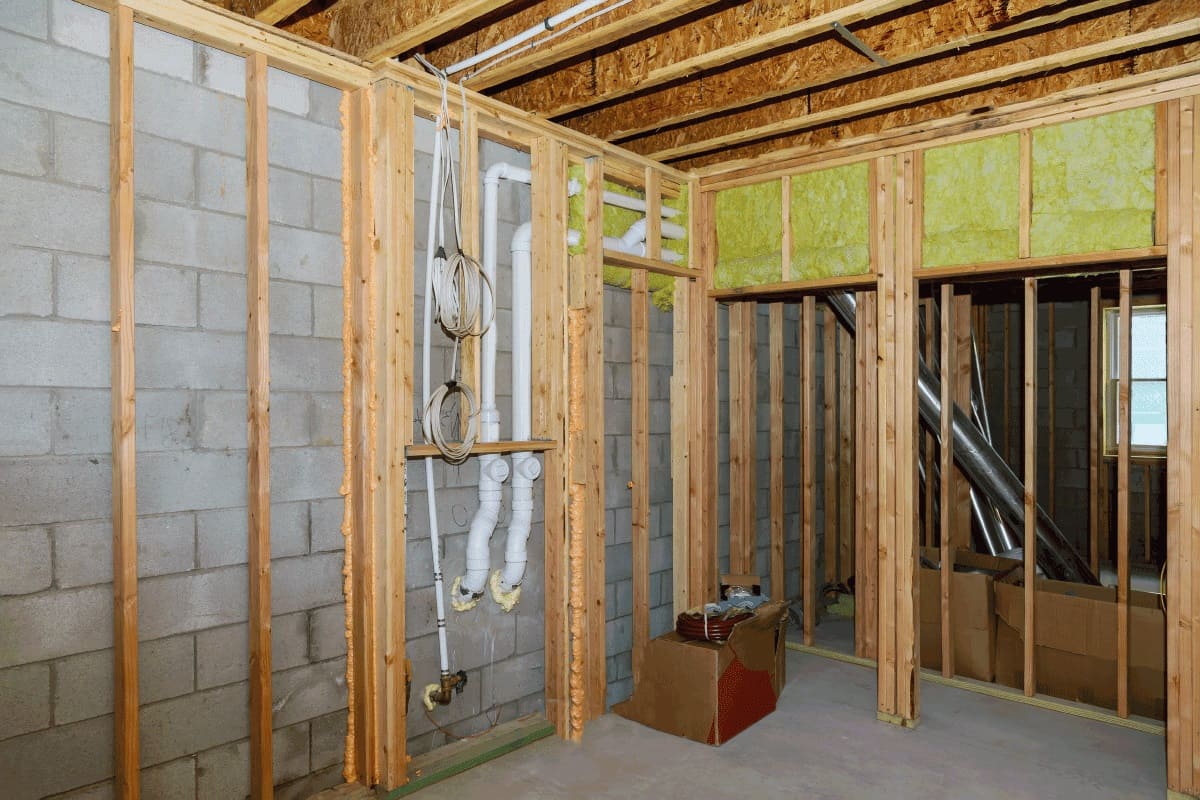
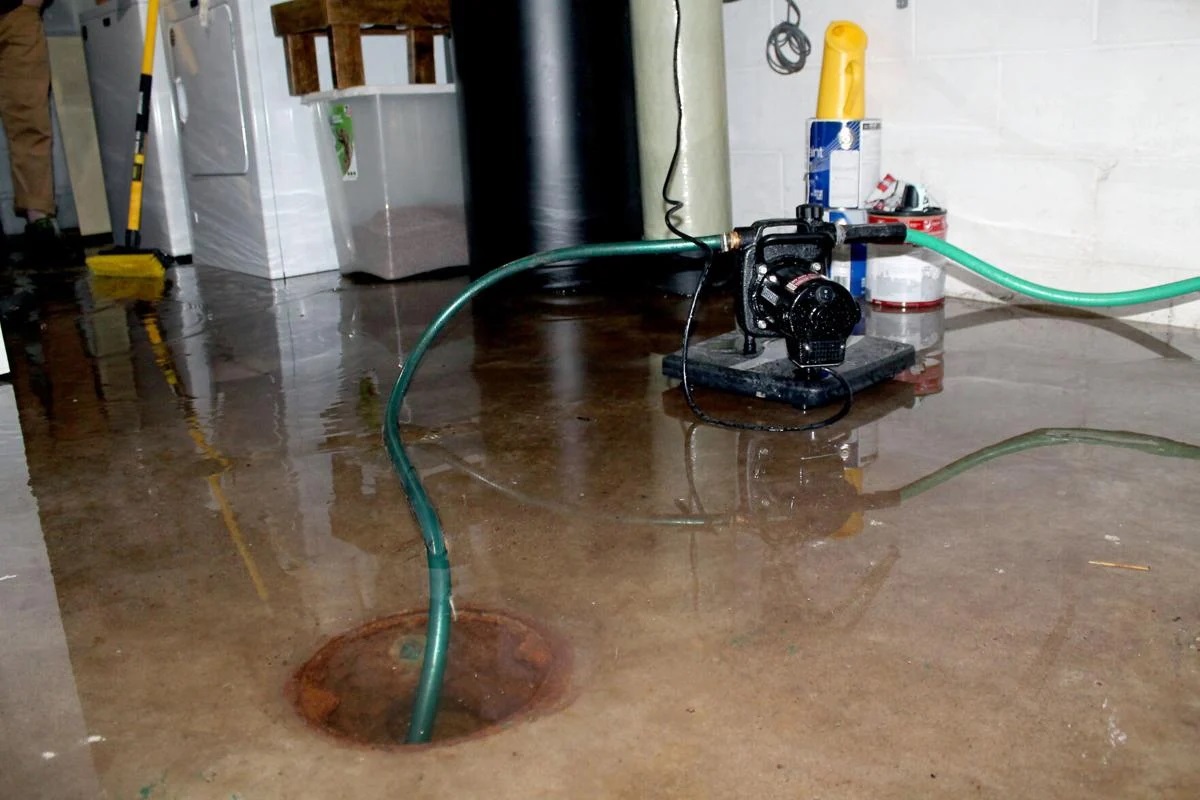
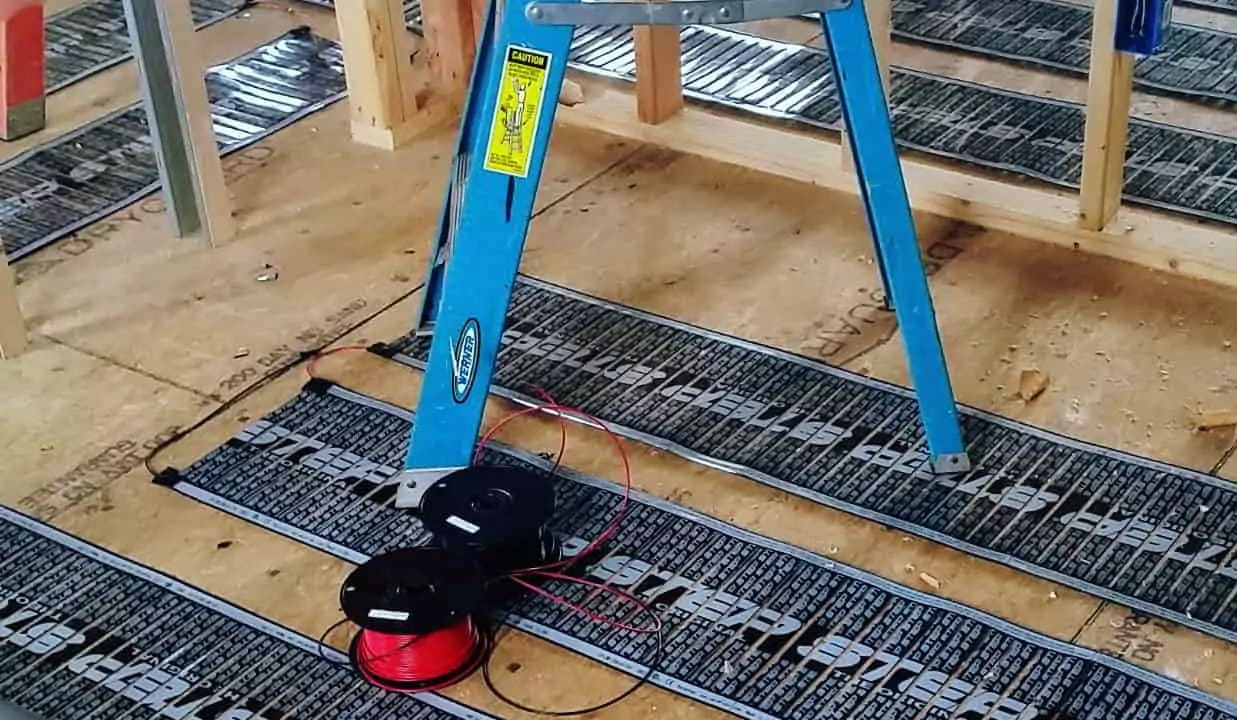
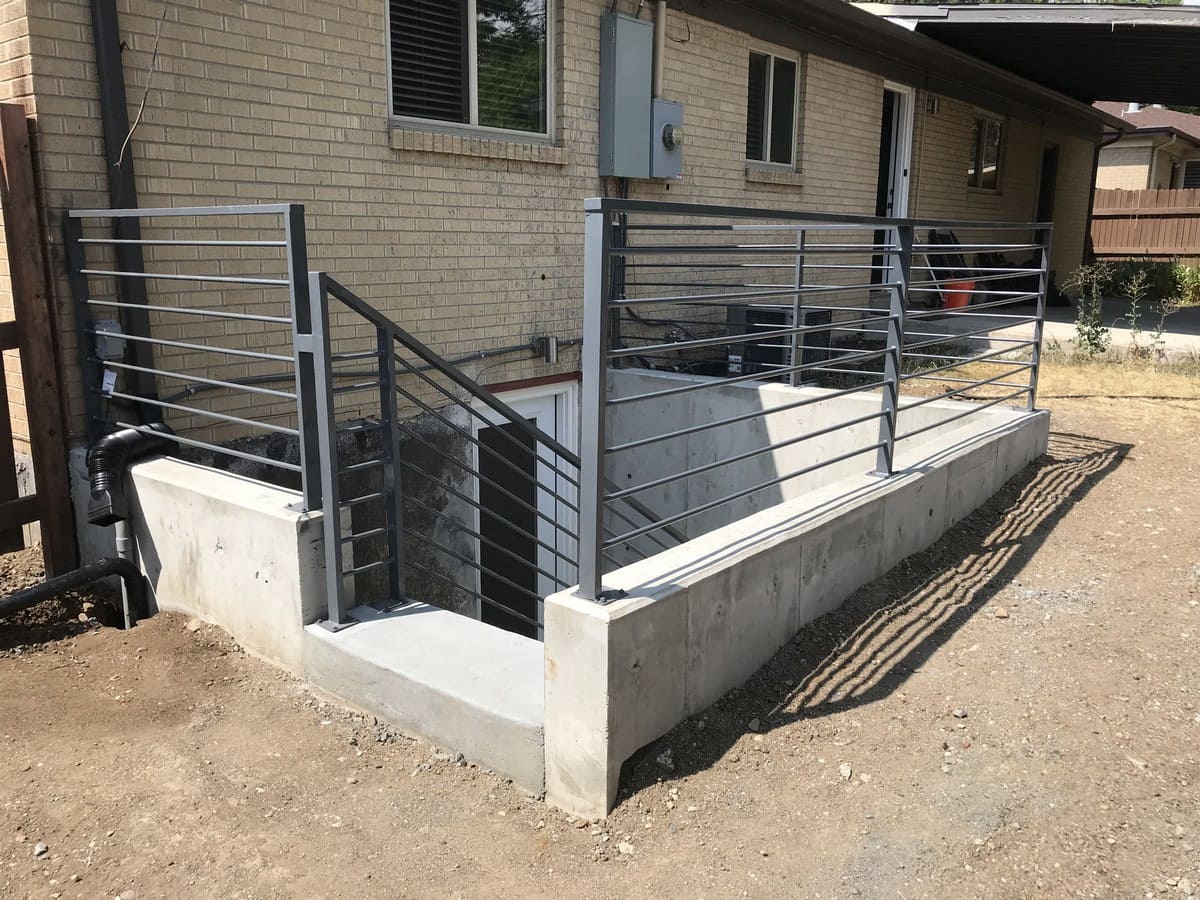
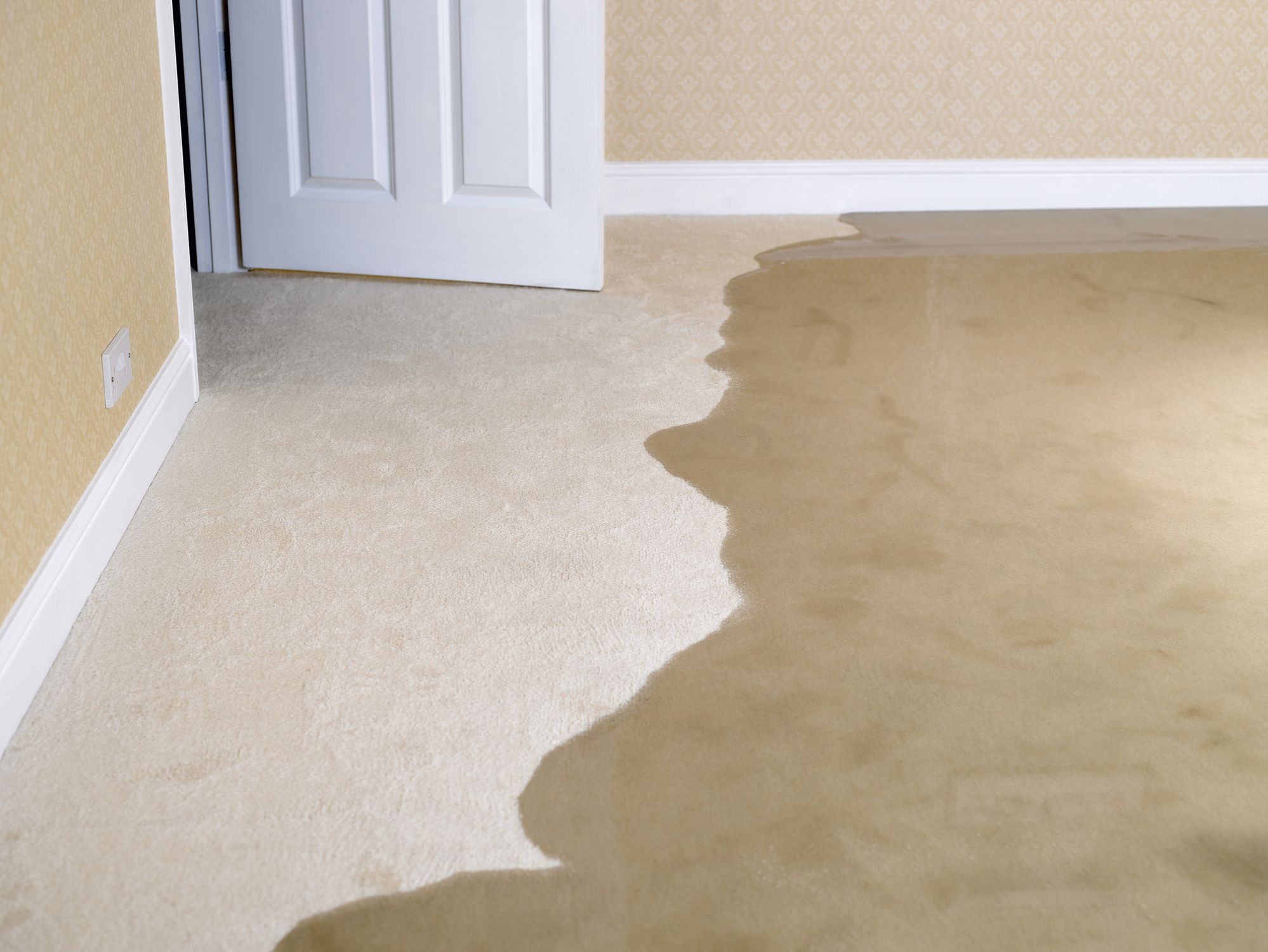
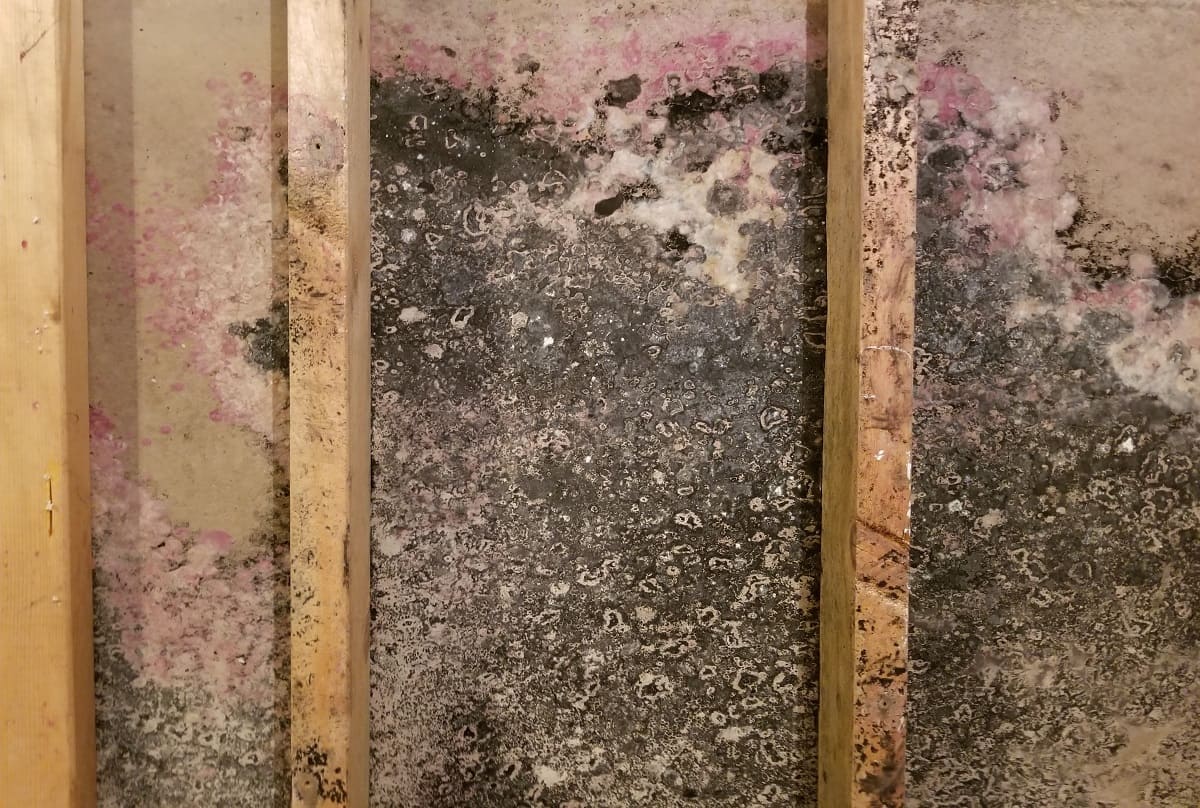
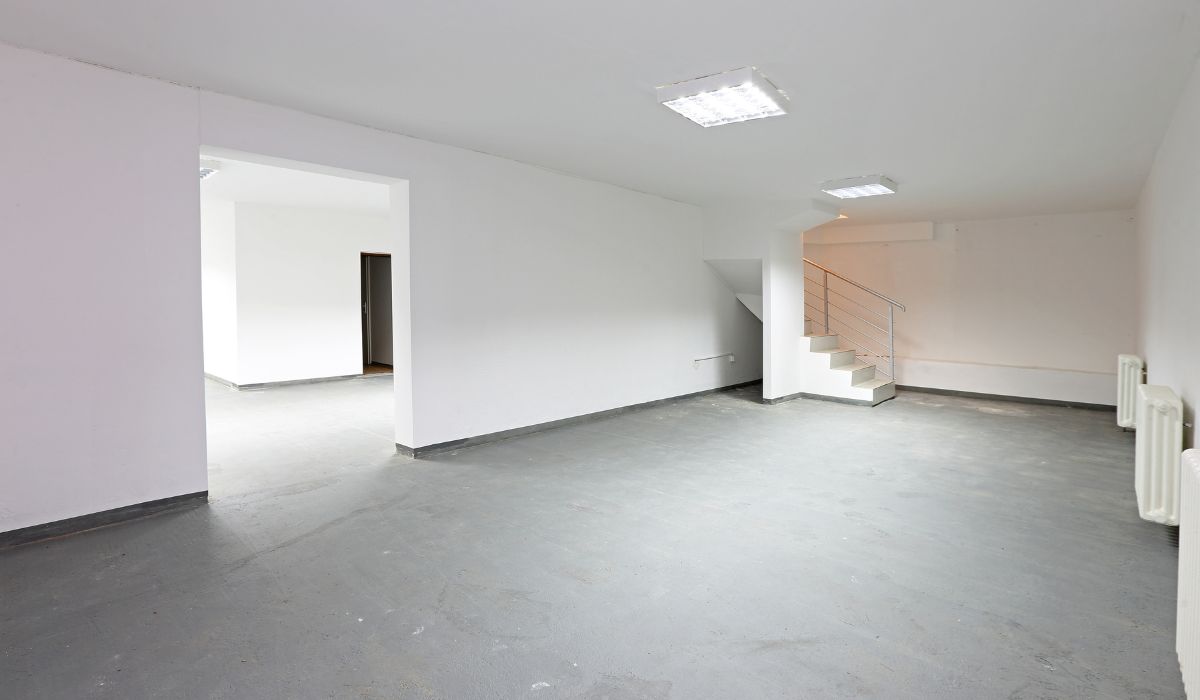
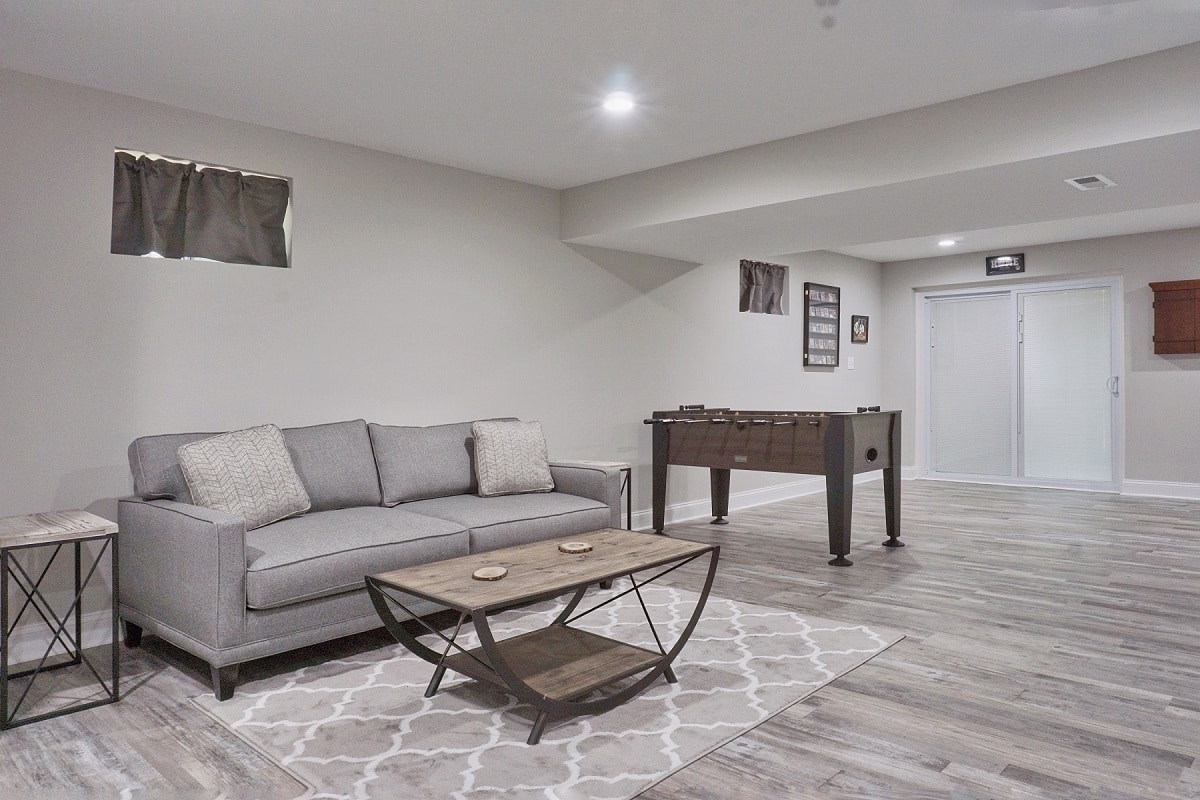
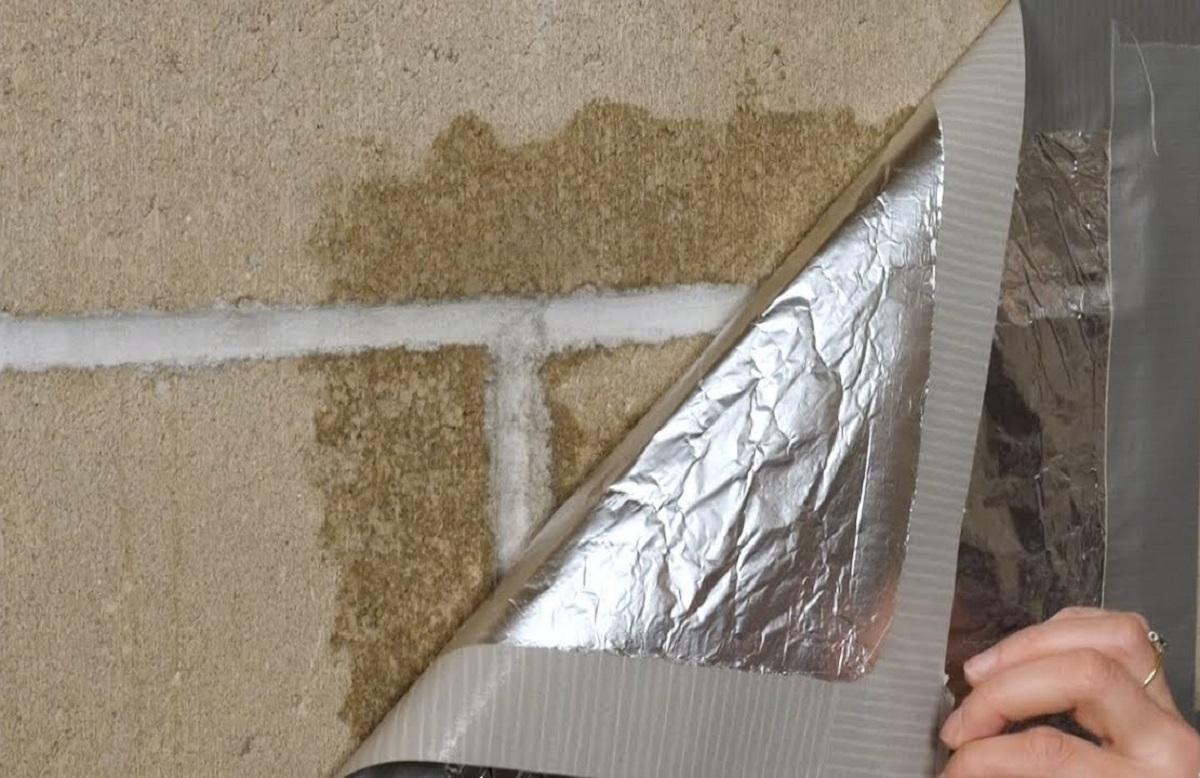

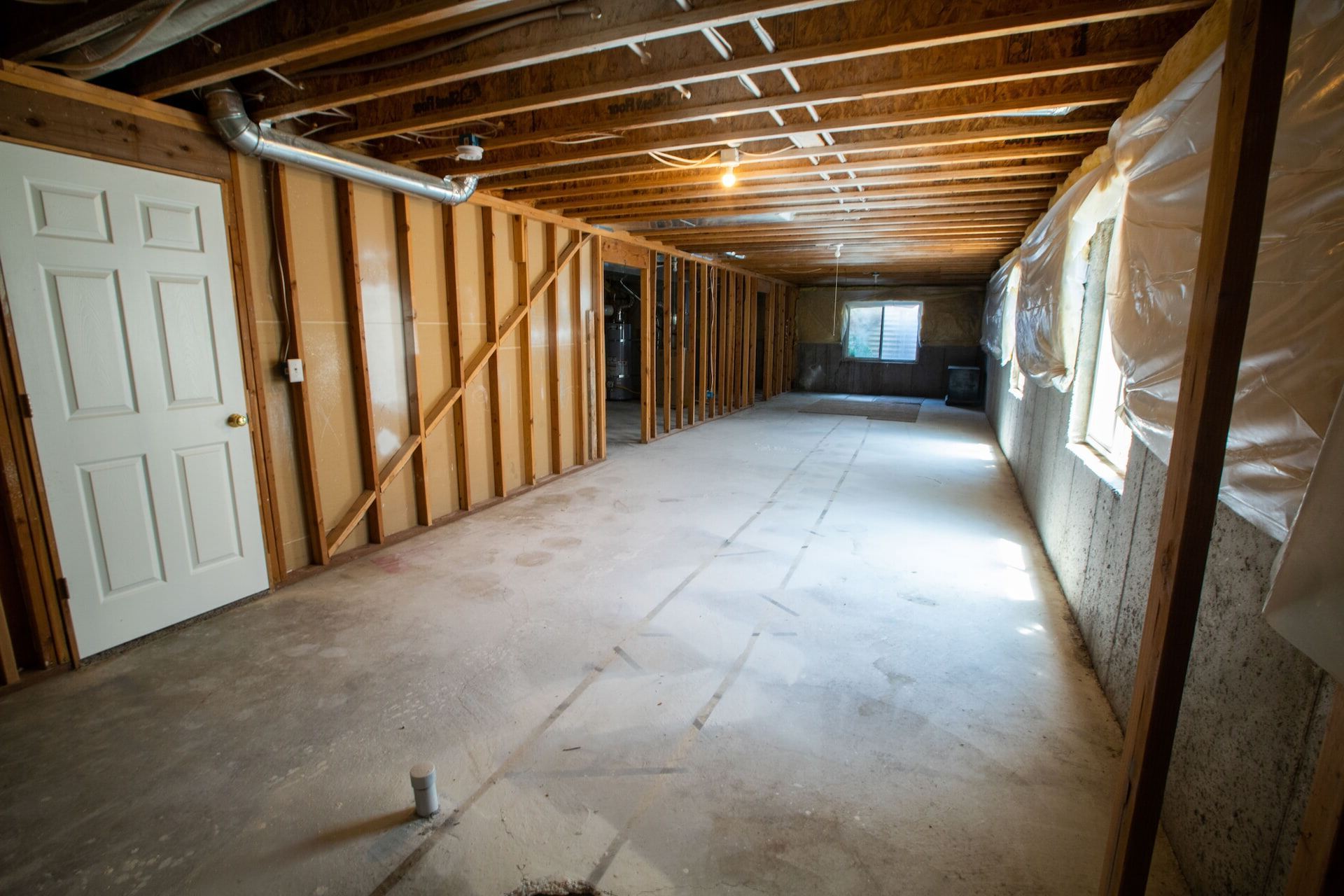
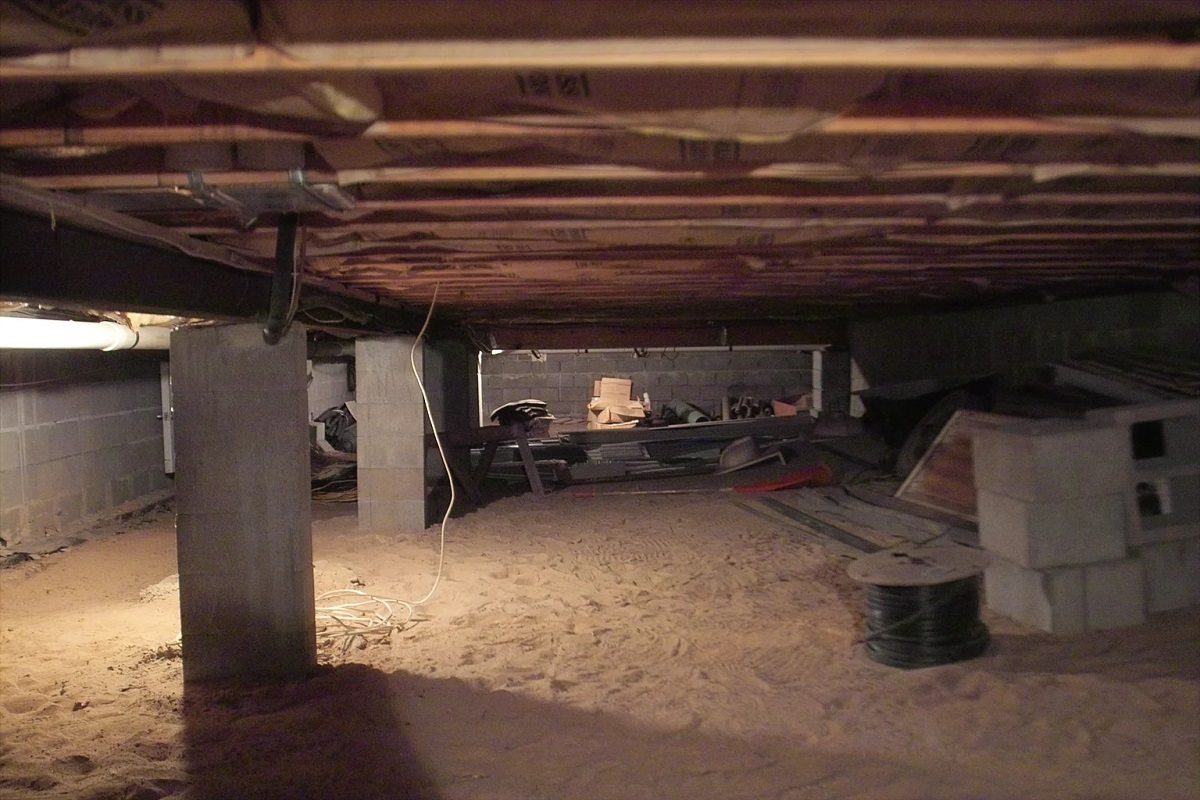
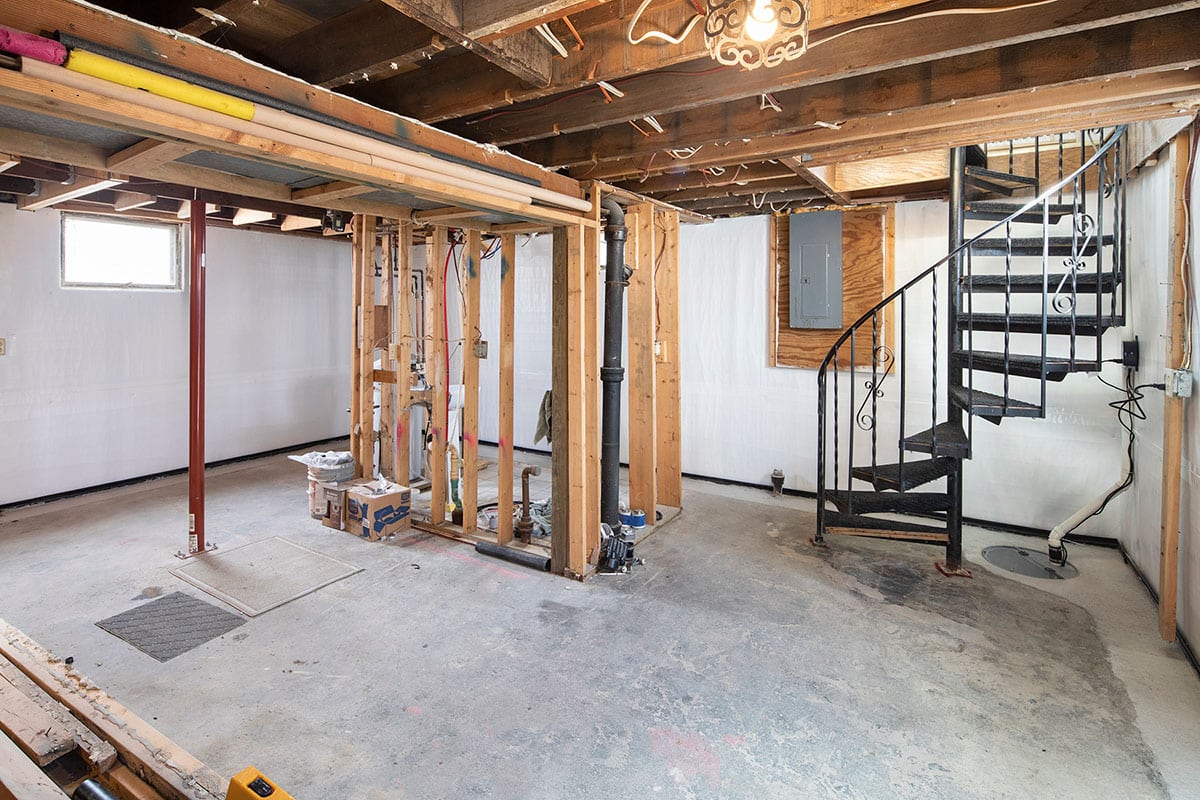

0 thoughts on “How To Rent Out Your Basement”